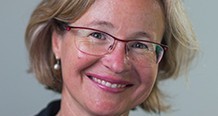2023 Tomorrow's World
Challenge Overview
YOLO or ‘You Only Live Once’ is an enticing mantra to live by. But does living for the moment come at a cost for our future?
What can we expect our lives, our communities and our planet to be like in 20, 30, 50 or more years and how can we influence that future?
This challenge explored what the future may look like: from driverless cars to space habitation, gadgets to address loneliness to water wars, artificial body parts to genetic selection.
What are challenges households and communities will be facing? How will change impact on human health and on the health of the planet? We will be exploring the opportunities that changes in social norms, developments in technology, rethinking of societal structures may present and asking how they may support us. As we scan the horizon, how do we build a more equitable world, as Star Trek’s Captain Picard said ‘the economics of the future are somewhat different’.
Consumer lifestyles are costing us and our natural environments dear. 25% of all fast fashion is unsold, and less than 1% is recycled into new products. The average UK family spends £470 on food that is thrown away and not eaten. Should we return to simpler forms of living, or can technology provide us with a more sustainable model?
The human race has been around for about 200, 000 years and if she lives as long as a typical mammalian species, she could live about 2 million years. According to Philosopher Prof Will MacAskill, “If the human race were a single individual, she would be just 10 years old today.”
What is ‘effective altruism’, and how should we collectively address global issues such as Climate warming that benefit not only current but more importantly future generations? TED Talk: https://youtu.be/WyprXhvGVYk
We will assemble a group of forward looking speakers to engage and encourage you as you investigate these critical issues.
This exciting and thought provoking challenge explored the ideas and solutions that are needed to create a world that you want to live in in the future because after all YOU DO ONLY LIVE ONCE.
This challenge ran on Streatham Campus and Penryn Campus.
Speakers:
Enquiry Groups
Enquiry groups are the subtopic of the challenge that students will focus on for Grand Challenges Week. These are the enquiry groups that ran on the Tomorrow's World Challenge in June 2023:
What will future cities look like? How would people prefer the urban landscape to look? How will new forms of transport and changing work arrangements impact on how we live? How can people interact for their own health and wellbeing with nature in cities? How do we apply nature based solutions in urban areas and with deprived populations? How will these changes impact communities beyond the city boundary?
How will new technology impact on the health sector? What is the potential for new apps to promote health and wellbeing? Current health systems –private and state run- are failing to address some fundamental challenges in our global society such as equitable access to social care, and medicines and technologies for preventable and treatable disorders. What transformative changes are needed to prevent illness and improve quality of life without harming the environment?
This enquiry group will explore how future technological change will affect us? Can sensor technology improve our homes and lives? How do we manage issues of personal privacy and self-determination? Will developments in communications change the way we work, live and are governed? Before we colonise other planets, what are the lessons we must learn?
What will tomorrow's ocean look like? How will we solve the challenges and impacts of marine plastics and other pollution or harmful algal blooms? How do we interact with the coasts, seas and Ocean for our own health and wellbeing without destroying them? How do we mine for bioresources, rare minerals, and other resources sustainably? Are there lessons we can learn from indigenous peoples towards more sustainable Ocean interactions?

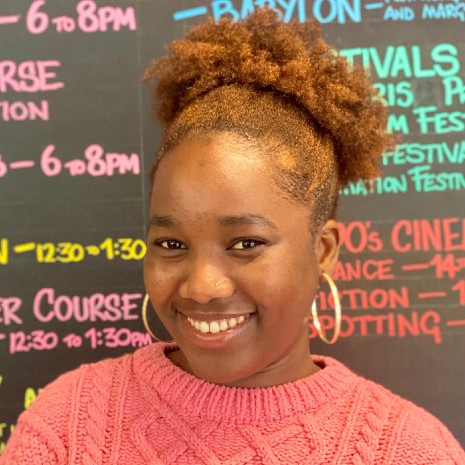
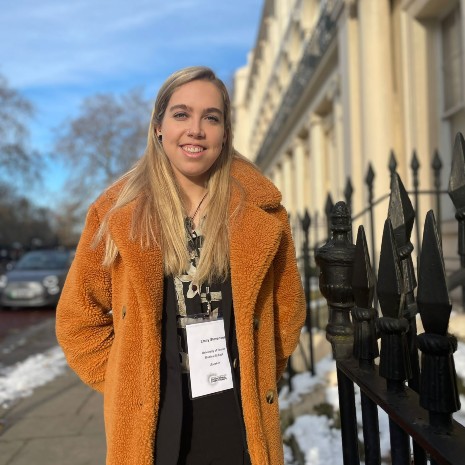
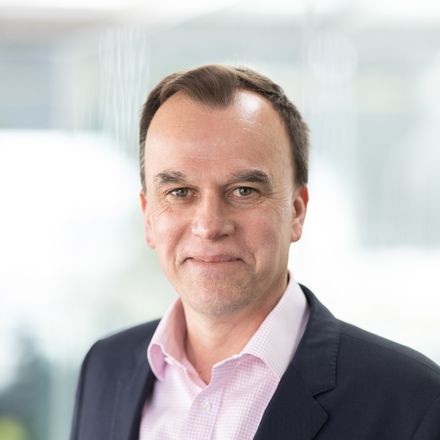

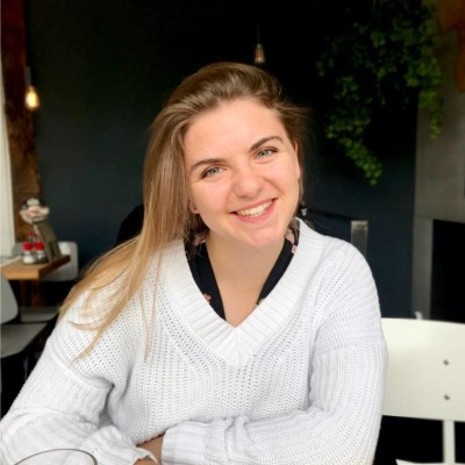
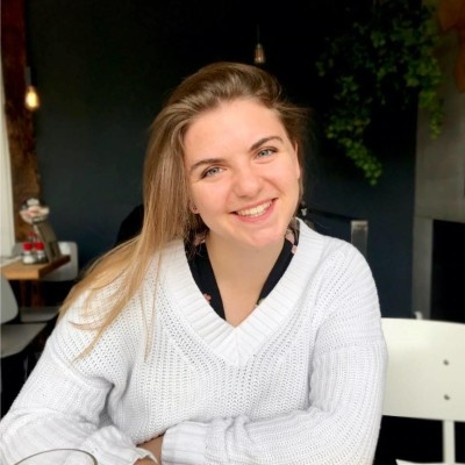
.jpg)
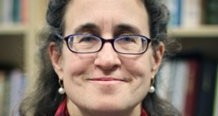
.jpg)
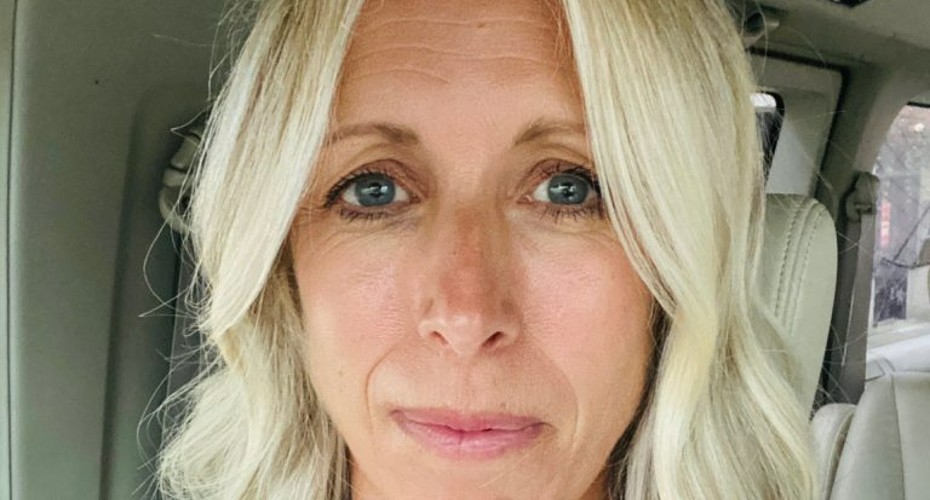
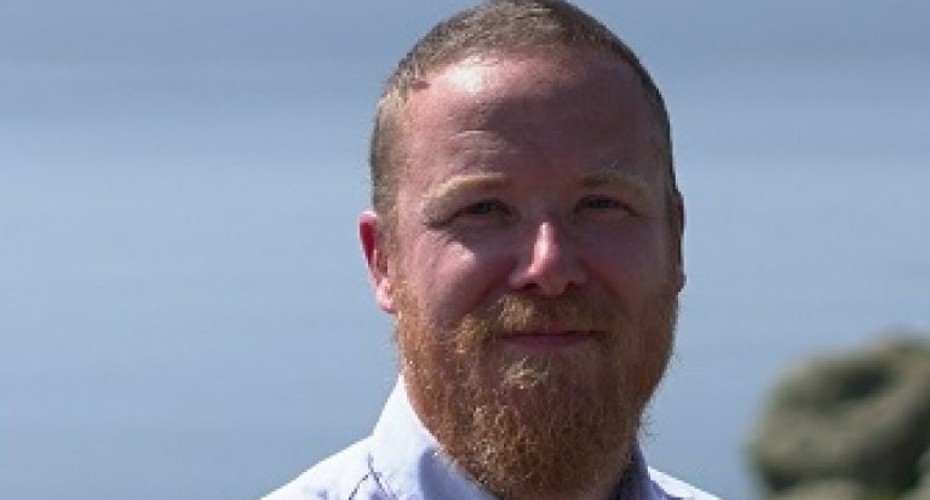
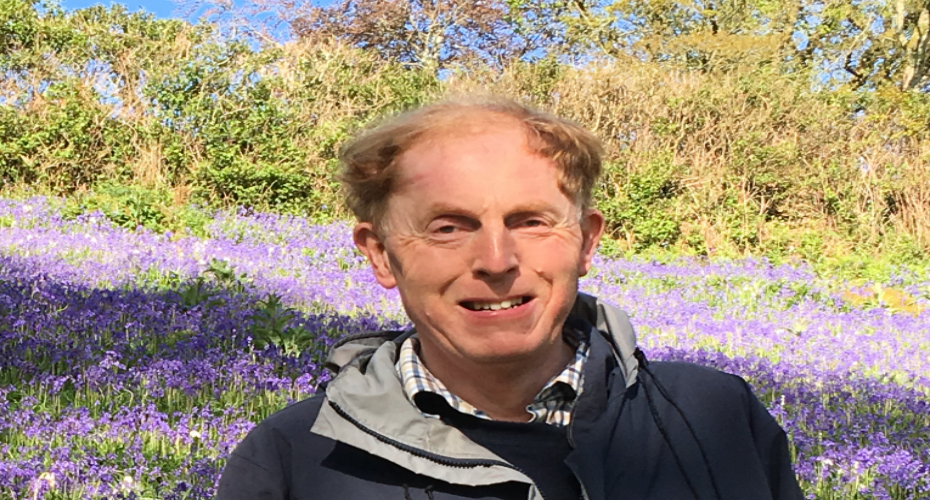
.jpg)
